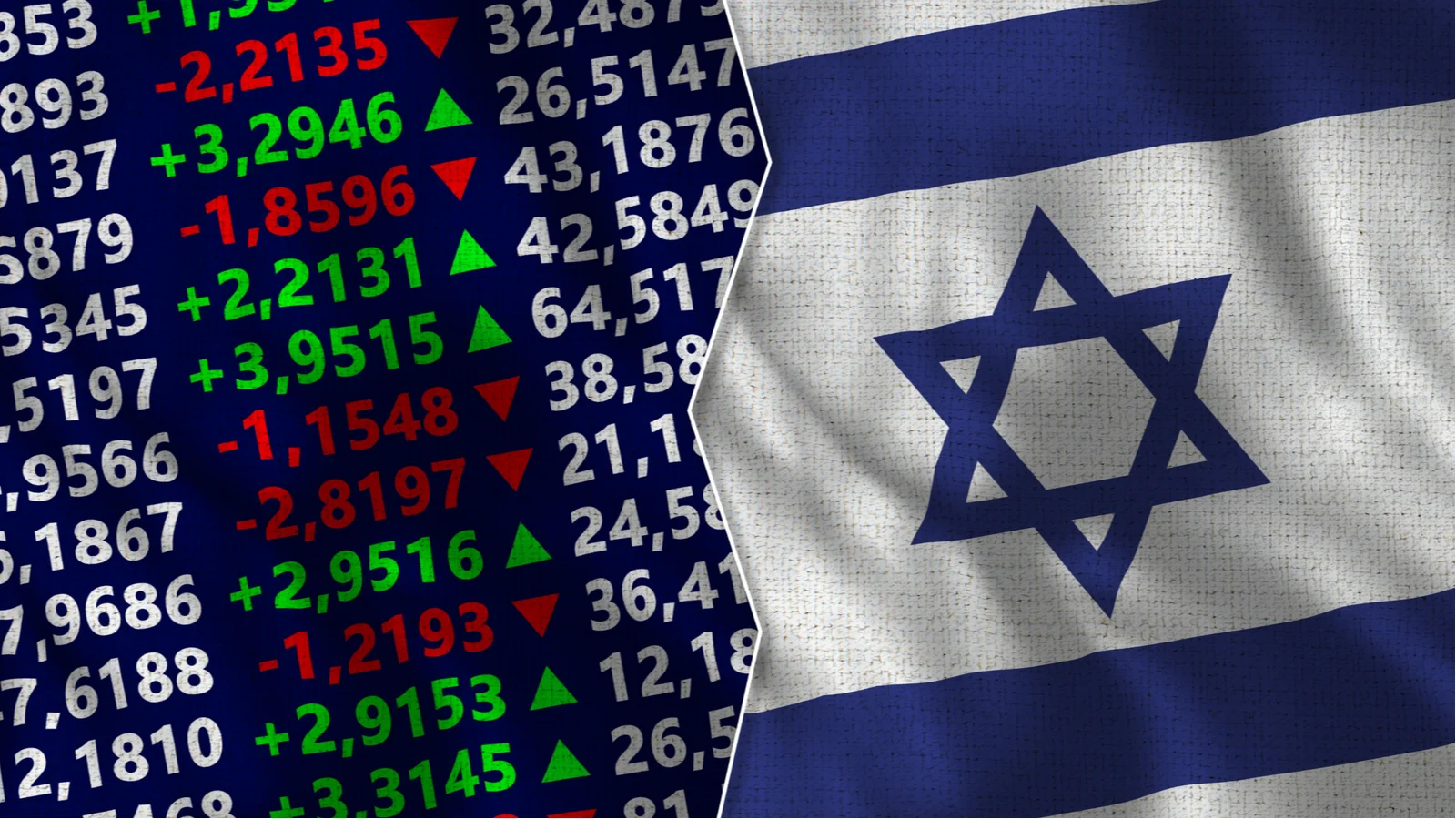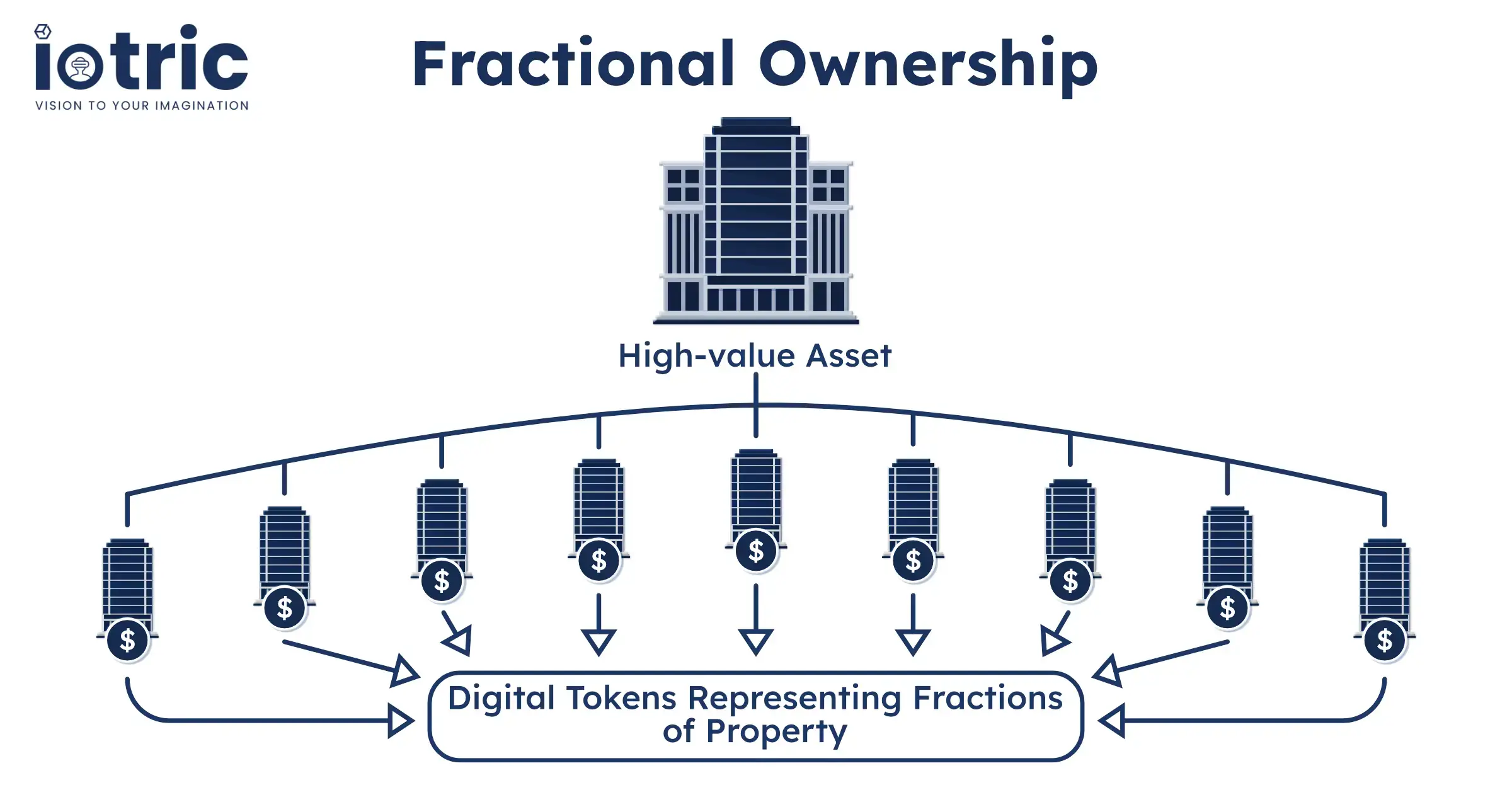The stock market in Israel has several well-known companies. The main index, the TA-35, tracks the performance of the 35 largest companies, while the TA-125 tracks the top 125 companies. Both indexes are down slightly year to date, though Dubai and Bahrain stocks have remained flat. The TA-35 has recently replaced the TA-25.
Individual ADRs are also a viable way to invest in Israel’s publicly traded companies. However, investors who are not sure about the risks should consult an investment adviser before making any decisions. While Israeli stocks are known for their growth and stability, they are still subject to market volatility. The smallest piece of news can send the stock price sky-high or plummet to a low.
Investing in Israel stocks is not for get-rich-quick investors. Investors should understand the risks and invest for the long term. Although Israeli companies are often touted as having superior management and technological capabilities, they are not invulnerable to market conditions. Moreover, not all Israeli companies are equal. Additionally, since Israeli stocks are digital, there is no blanket refund policy.
A top pick among Israel stocks is Rada Electronic, a company that operates in the defense industry. Defense spending globally has risen over the past decade, so a stock in Rada Electronic may be a good investment. Its business focuses on tactical radars, a $6 billion market. Its stock price is up to 24% year-over-year.
After Benjamin Netanyahu’s election victory last month, the markets in Israel have started to recover. In 2014, Israeli stocks suffered as the economy in Europe was in turmoil. Moreover, the Gaza conflict had a negative impact on Israel’s economy. The resulting negative sentiment triggered a flight of passive money from emerging markets funds.
Tel Aviv Stock Exchange (TASE) is the sole public stock exchange in Israel, regulated by the Israel Securities Authority. The market is a vertically integrated platform whose subsidiaries include the Tel Aviv Stock Exchange Clearing House, MAOF Clearing House (derivatives), and Tel Aviv Stock Exchange Nominee Company. It also houses exchange traded funds and corporate bonds.
A popular ETF for Israel investments is the iShares MSCI Israel Capped ETF, which trades on the New York Stock Exchange. This index offers broad and diversified exposure to the Israeli economy. However, it is not the best option for investors looking for cutting-edge Israeli technology companies, as it is heavily invested in financials. Moreover, nearly 20% of the fund is held by Teva.
There are 93 Israeli companies that trade on U.S. stock exchanges. Many of these companies are cross-listed, which means they trade on two exchanges simultaneously. In addition to a cross-listing, many Israeli companies also have an ADR (American Depository Receipt) that trades in the U.S. If you’re a resident of Israel, you can invest in Israeli stocks through a local brokerage firm. Just make sure to learn Hebrew with a local financial advisor before you start investing in Israeli stocks.






